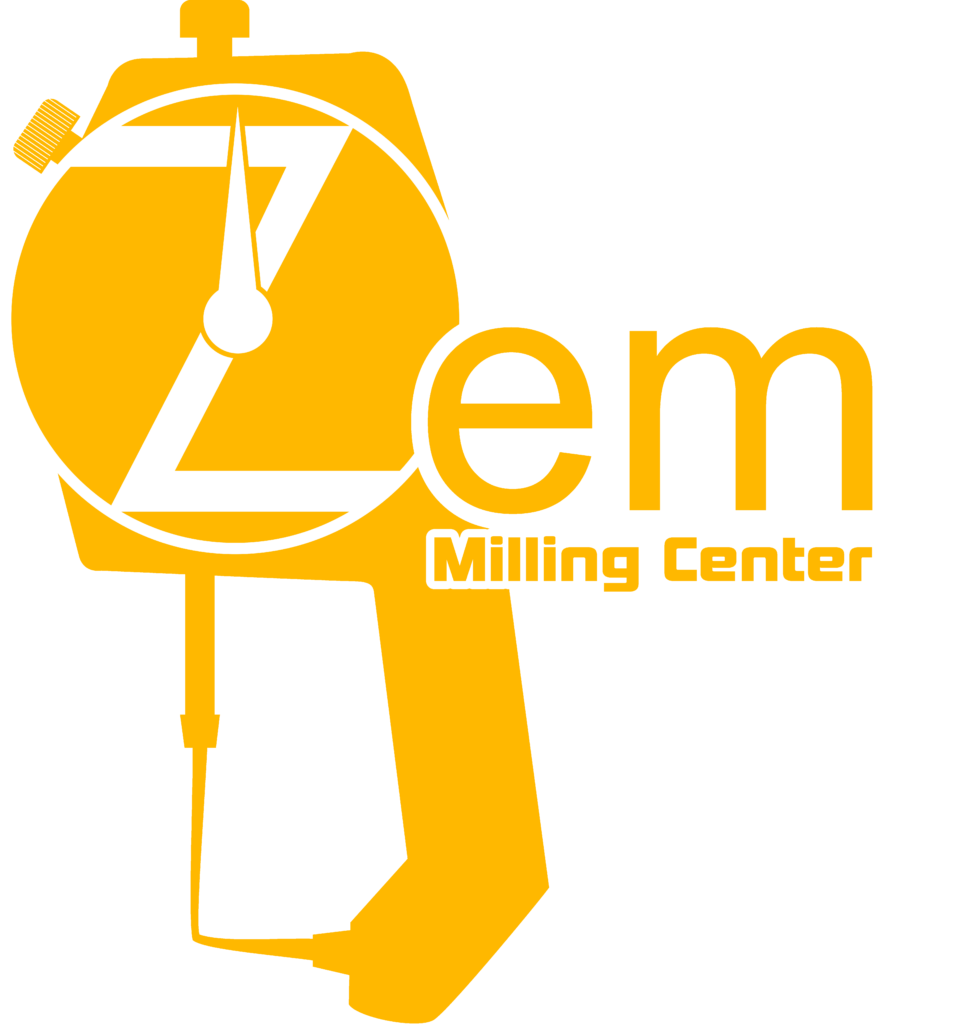Varicose veins are an usual problem that impacts several people, specifically women. These enlarged, twisted veins can be unattractive and also create discomfort, making it crucial to have a thorough understanding of their causes, symptoms, and available treatment choices. In this post, we will certainly delve into the globe of varicose veins, exploring the intricacies of this problem as well as clarifying potential services.
What are Varicose Veins?
Varicose blood vessels are blood vessels that have actually come to be enlarged, twisted, and frequently swollen. They frequently show up on the legs and feet, yet can likewise influence various other components of the body. These veins are commonly blue or purple in shade and also may be conveniently visible via the skin. Varicose veins occur when the shutoffs within the capillaries malfunction, creating blood to swimming pool and also the capillaries to stretch and bulge.
This condition is primarily brought on by weakened or harmed shutoffs in the blood vessels. Normally, these shutoffs maintain blood streaming in one direction towards the heart. However, when the valves come to be weak, blood can flow backwards and also accumulate in the blood vessels, bring about their augmentation and the subsequent advancement of varicose blood vessels.
There are numerous variables that can enhance the risk of developing varicose capillaries. These consist of:
- Genes: A family background of varicose blood vessels can dramatically boost a person’s susceptibility to creating this problem.
- Maternity: The hormone modifications and enhanced blood quantity while pregnant can weaken vein valves, making expectant mothers much more vulnerable to creating varicose capillaries.
- Age: The threat of varicose blood vessels tends to boost with age as the natural wear and tear on blood vessels can trigger shutoff dysfunction.
- Sex: Ladies are most likely to establish varicose veins contrasted to men, largely because of hormone differences.
- Excessive weight: Extreme weight places included pressure on the blood vessels, making it more difficult for blood to stream properly.
Signs And Symptoms of Varicose Veins
Recognizing the signs and symptoms of varicose capillaries is vital for timely diagnosis as well as treatment. While varicose capillaries are usually aesthetically visible, other signs and symptoms may include:
- Swelling in the legs, ankle joints, or feet.
- Aching or throbbing pain in the legs, specifically after extended periods of standing or sitting.
- Cramping or a feeling of heaviness in the legs.
- Itching or irritated skin around the influenced blood vessels.
- Darkening of the skin, particularly near the ankle joints.
- Ulcers or open sores in serious situations.
If you are blood balance experiencing any one of these signs, it is advisable to seek advice from a physician who can precisely detect your problem and also suggest proper therapy alternatives.
Therapy Alternatives for Varicose Veins
The good news is, there are numerous therapy alternatives offered for people with varicose blood vessels, ranging from conventional actions to medical treatments. The choice of therapy depends on the intensity of the problem and also the person’s certain circumstances.
Some common treatment choices consist of:
- Compression Stockings: Using specially created compression stockings can assist enhance blood flow and reduce pain connected with varicose blood vessels.
- Way Of Life Adjustments: Basic way of living alterations, such as integrating regular exercise, maintaining a healthy and balanced weight, and also raising the legs while resting, can minimize signs and symptoms as well as prevent additional development of varicose capillaries.
- Sclerotherapy: This non-surgical procedure includes injecting an option right into the influenced blood vessels, causing them to shrink as well as discolor in time.
- Endovenous Laser Therapy (EVLT): EVLT makes use of laser energy to warmth and also seal the impacted blood vessels, redirecting blood flow to much healthier blood vessels.
- Venous Ablation: This minimally invasive treatment includes making use of radiofrequency or laser power to shut off the affected capillaries.
- Surgical Interventions: In extreme cases, procedures such as vein removing or ligation may be necessary to get rid of or connect off bothersome blood vessels.
Stopping Varicose Veins
While not all varicose blood vessels can be stopped, particular measures can decrease the threat of establishing this condition or minimize its severity. Right here are some preventative approaches:
- Regular exercise: Take part in activities that promote leg stamina as well as circulation, such as walking, swimming, or biking.
- Preserve a healthy weight: Shedding excess pounds can ease stress on the blood vessels and minimize the danger of varicose blood vessels.
- Elevate your legs: Boosting your legs over heart level for short durations throughout the day can improve blood circulation as well as ease signs.
- Stay clear of prolonged sitting or standing: Take breaks and change positions often to avoid blood from pooling in the capillaries.
- Use compression stockings: These specifically made stockings offer graduated pressure, aiding to boost blood flow as well as protect against varicose blood vessels.
Final thought
Varicose blood vessels are a common condition that can cause discomfort as well as impact one’s quality of life. By understanding the reasons, signs and symptoms, and also available therapy alternatives, people can take aggressive measures to take care of varicose veins properly. Whether with traditional actions or medical interventions, there are various remedies available to assist alleviate signs and symptoms and also bring back confidence.
If you think you have varicose blood vessels or are experiencing relevant signs, it is suggested to talk to a physician who can supply a correct diagnosis and also guide you towards the most ideal treatment plan for your certain requirements.
